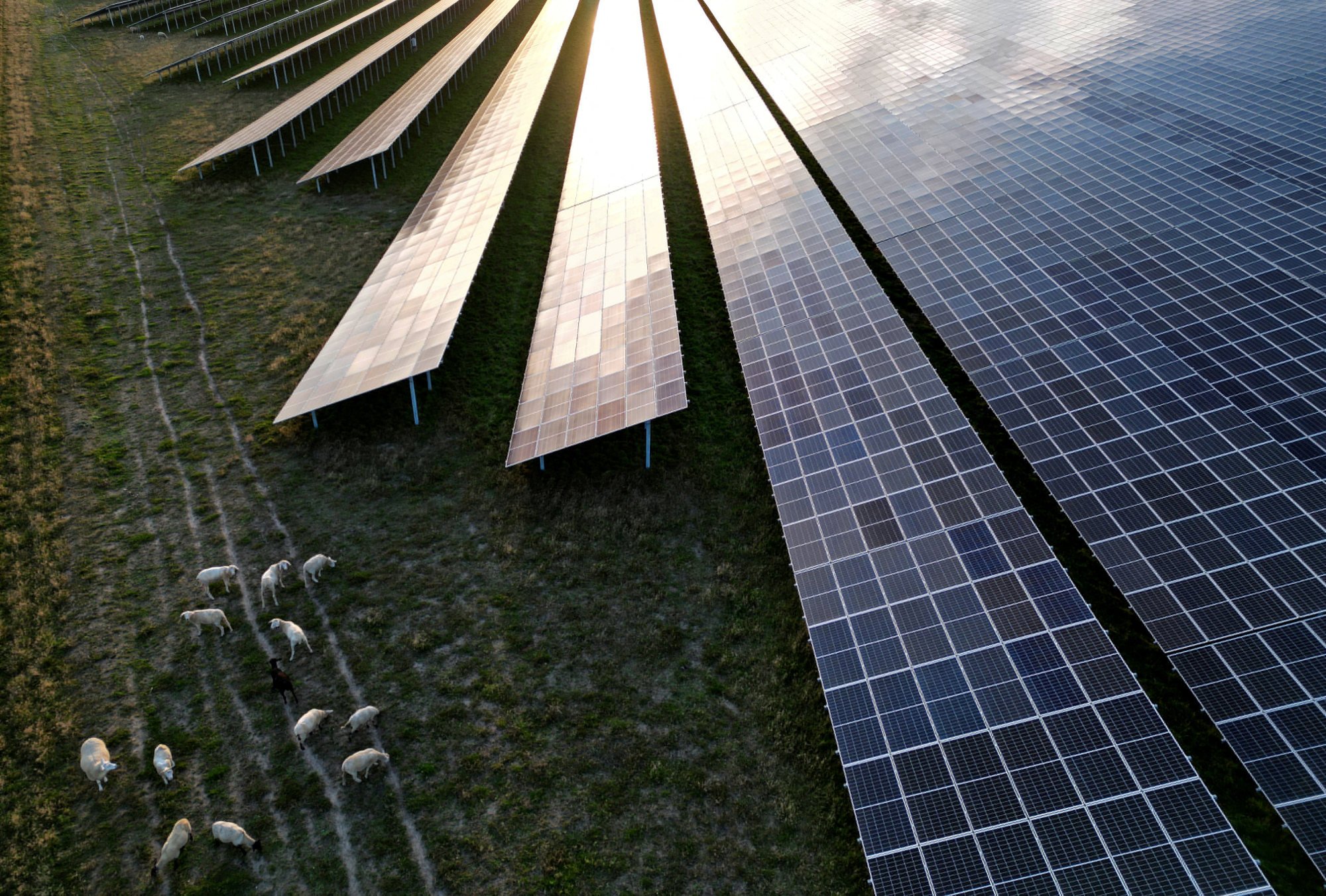
Like other parts of the West, Europe is wrangling with the challenge of weaning itself off dependence on China for solar panels while also boosting green-energy production.
Currently, more than 97 per cent of the solar panels deployed in Europe are imported, mostly from China, McGuinness said.
Low-cost Chinese competition has led to cries for help from within the European solar industry.
EV restrictions from US, EU could throw a wrench into China’s recovery plans
EV restrictions from US, EU could throw a wrench into China’s recovery plans
These included a buying up of European-made panels that are “languishing” in warehouses, more EU project funding, and emergency curbs on access to the EU market for Chinese imports.
McGuinness said the “surge in imports” – having driven solar prices down by “over 40 per cent” – was an “opportunity for citizens and solar panel installers”, but “clearly a challenge to EU solar panels producers”.
Yet no urgent support appears to be forthcoming. The use of trade measures should only be used “when that is in the overall union interest”, McGuinness said.
Rather than emergency measures, McGuinness rhymed off a list of actions the commission had already taken and focused on future legislation that could help support the industry.
But the finance chief warned that dependence on China could become more acute.
As China contemplates more trade probes, EU emphasises need to ‘follow rules’
As China contemplates more trade probes, EU emphasises need to ‘follow rules’
“On the one hand, global solar-panel deployment is expected to further accelerate,” she said. “On the other hand, the deployment of massive expansion of production is also in the making, mainly in China. This situation might remain.”
Members of the European Parliament urged the commission to move more quickly to support the industry.
“I’m not that happy with your speech because I’m convinced that you know about a serious situation we’re facing … it’s about unfair Chinese competition,” said Engin Eroglu, a centrist member from Germany.
Green lawmaker Ciaran Cuffe cited the industry’s deep ties to Xinjiang, where “Uygur people are systemically persecuted”.
“We need to ensure that we’re not dependent on China and we need to make a choice. Will the solar revolution be red or fully green? That is the choice we need to make,” said the Irish member.
EU slows China de-risking plans in face of member state resistance
EU slows China de-risking plans in face of member state resistance
Meanwhile, the European industry itself is divided on what measures should be taken.
One lobbying group, Solar Power Europe, where Chinese companies account for 12.6 per cent of revenue and hold 14 per cent of total voting rights, has called for financial support but no trade barriers.
Nonetheless, this group too was underwhelmed by McGuinness’ statement. Walburga Hemetsberger, Solar Power Europe’s CEO, said “manufacturers are going bankrupt”.
“More support, and better access to support, is critically needed,” she added, while praising the commission’s apparent opposition to trade measures.
“History has shown that trade defence measures did not bring back the reshoring of solar manufacturing and coincided with deep declines in solar deployment,” said Hemetsberger.

